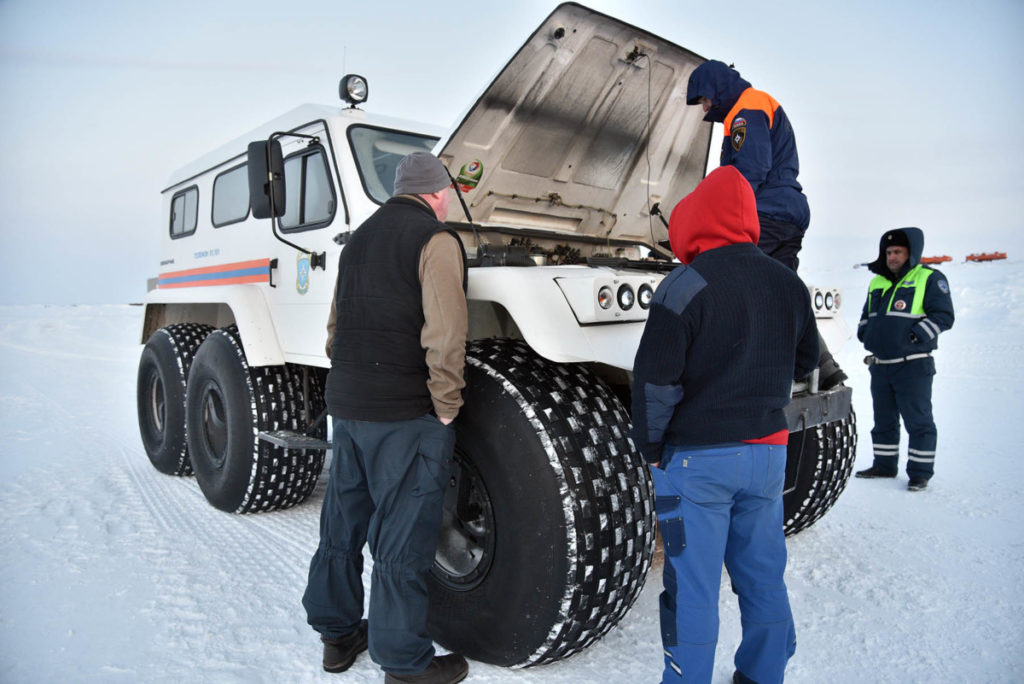#ARCTIC. #SIBERIA. THIS IS TAIMYR. Diesel fuel, which does not freeze even at minus 70 degrees, was developed by specialists from Tomsk Polytechnic University (TPU). Simplicity and low price will allow remote northern settlements and enterprises to independently provide themselves with fuel for transport and energy.

Diesel fractions during the separation of oil often freeze at minus 10 degrees due to n-paraffins – substances that crystallize at low temperatures. Fuel pumps are not able to conduct such kissel. According to the developers, a feature of the new fuel is the conversion of heavy n-paraffins into isoparaffins and light n-paraffins.
Scientists have developed a method for obtaining arctic diesel fuel by processing straight-run diesel fractions on a zeolite catalyst. For this, a domestically produced catalyst was used, which is much cheaper than foreign analogues.
The production of a new type of fuel can be deployed directly at the oil fields for their own needs. This is especially important for remote northern territories, where fuel delivery is very expensive or impossible at all, scientists say.
Another advantage of the proposed technology is an almost 98% recoverability of a useful product, while for most oil refining processes this figure is only 50-70%.
Although methods for producing low-solidification types of diesel fuel have existed before, however, they require not only hydrogen-containing gas, but also catalysts containing quite expensive platinum. In addition, most of these catalysts are produced abroad.
Earlier, we told about alternative energy in the Arctic.
Follow us on Telegram, VKontakte.
Text: Denis Kozhevnikov, Photo: author



